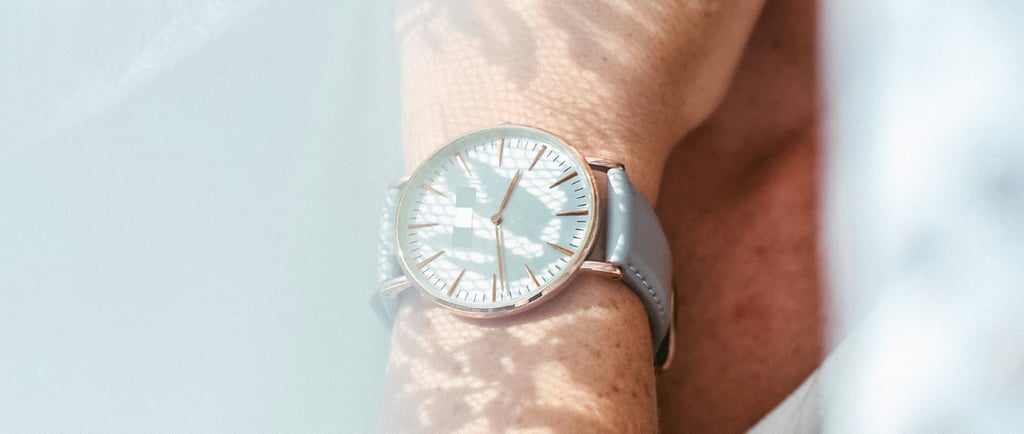

Quartz vs. Mechanical Watches—Which is Right for You?
Watches have been essential for centuries, evolving into two main types: quartz and mechanical. If you're wondering which is the better choice for you, keep reading.
1.What is a Quartz Watch?
A quartz watch is powered by a battery and regulated by a quartz crystal that vibrates at a certain frequency. The frequency of the signal produced by the crystal oscillator is very stable, so quartz watches are more accurate than mechanical watches. Quartz watches are reliable and often used in multifunctional designs like chronographs.
2.How Does a Quartz Watch Work?
1. Battery sends an electrical current to a quartz crystal.
2. Quartz Crystal vibrates at a specific frequency.
3. Electronic Circuit counts vibrations to measure time.
4. Circuit sends signals to move watch hands.
3.What is a Mechanical Watch?
Mechanical watches are powered by a mainspring and require manual winding or automatic self-winding through wrist movement. They are prized for their craftsmanship and can become heirlooms.
4.How Do Mechanical Watches Work?
1. Mainspring stores energy, requiring winding.
2. Gears channel energy to power the balance wheel.
3. Balance Wheel oscillates to keep time.
5.How to Identify Your Watch Type?
1. Text on Dial or Case: Look for "Automatic" or "Quartz."
2. Flywheel on Dial: Presence indicates a mechanical watch.
3. Second Hand Movement: Smooth for mechanical, ticking for quartz.
4. Watch Cover: Transparent covers often reveal mechanical movements.
6.Key Differences
6.1 Accuracy
- Quartz: More accurate with minimal daily error.
- Mechanical: Slightly less accurate, with daily variations.
6.2 Movement Structure
- Quartz: Simpler electronic components.
- Mechanical: Complex mechanical parts, appealing to enthusiasts.
6.3 Battery
- Quartz: Requires battery replacement every 2-5 years.
- Mechanical: No battery needed.
6.4 Lifetime and Maintenance
- Quartz: Easy to maintain, but batteries need periodic replacement.
- Mechanical: Requires regular servicing but can last generations.
6.5 Price
- Quartz: Generally more affordable.
- Mechanical: Higher cost due to intricate craftsmanship.
6.6 Weight
- Quartz: Lighter due to fewer metal components.
- Mechanical: Heavier with metal parts and complex structures.
7.Conclusion: Which is Right for You?
Choosing between quartz and mechanical watches depends on your preferences and budget. Quartz watches offer high accuracy and low maintenance, while mechanical watches provide a glimpse into traditional craftsmanship and artistry.
Whether you prefer quartz or mechanical, our watch company offers Swiss and Japanese movements, including brands like Miyota, Seiko, Sellia, and Ronda, to meet your needs.
